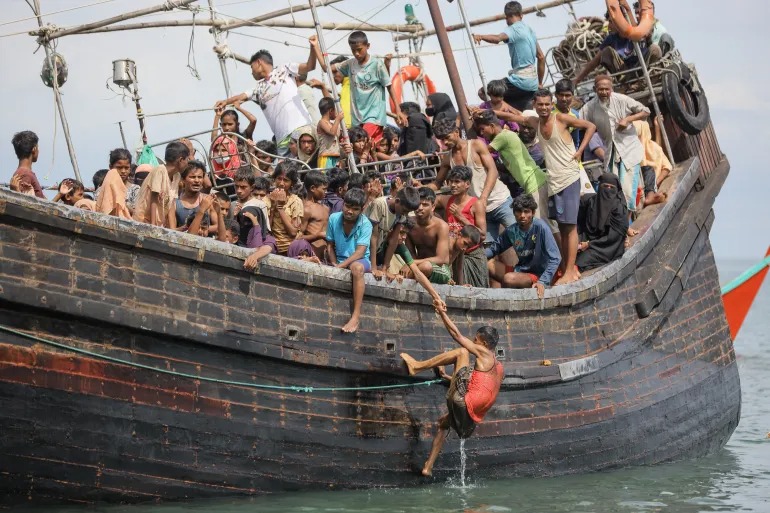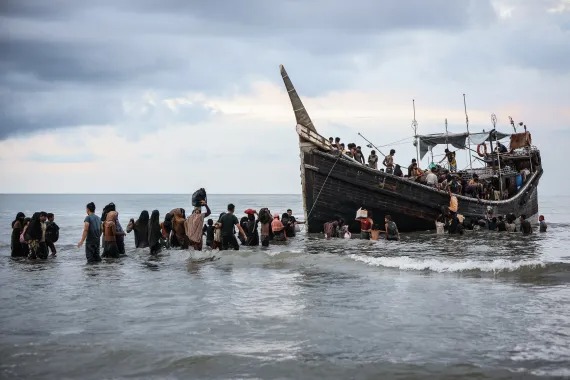Five European nations and Canada have joined forces to intervene in the genocide case against Myanmar at the International Court of Justice (ICJ). Accusations of genocide against the Rohingya community have sparked international outrage since The Gambia lodged the case in 2019. This collaborative effort by Denmark, France, Germany, the Netherlands, and Britain signifies a unified stance on combating genocide, emphasizing a collective interest in upholding the principles of the 1948 convention on the prevention and punishment of genocide.
Unprecedented Joint Declaration at ICJ
The European nations, along with Canada, submitted a joint declaration of intervention with the ICJ, aligning themselves with The Gambia’s case against Myanmar. The move underscores a shared commitment to pursuing justice and holding Myanmar accountable for alleged genocidal acts against the Rohingya community. This unprecedented collaboration amplifies the international community’s determination to address human rights violations and promote accountability.
Focus on Violence Against Women and Children
Tania von Uslar, Director-General for Germany’s Legal Affairs, highlighted the coalition’s emphasis on addressing violence against women and children. The joint intervention aims to contribute significantly to clarifying the genocide allegations and combating the atrocities committed against the Rohingya community. The collaboration reflects a strategic effort to ensure a comprehensive legal response to the grave humanitarian crisis unfolding in Myanmar.
The Maldives Joins the Cause
In a parallel development, The Maldives has independently filed a separate declaration accusing Myanmar of genocide. This additional intervention adds weight to the growing international consensus against Myanmar’s actions and further amplifies the urgency for a thorough examination of the allegations. The combined efforts of European nations, Canada, and The Maldives underscore the gravity of the situation, demanding a robust response from the international legal community.
Meanwhile, the Rohingya refugees continue to face dire conditions in Bangladesh, where nearly one million are currently housed in overcrowded and under-resourced camps. Myanmar’s recent discussions with Rohingya families about repatriation have faced resistance, with refugees fearing further persecution. The escalating tensions in Myanmar have prompted nearly 600 Rohingya people to flee to neighboring Indonesia, presenting a new set of challenges for the region.
Challenges in Indonesia:
As Rohingya refugees seek safety in Indonesia, tensions in Aceh, the northernmost province, have risen. While Aceh has historically welcomed refugees, recent arrivals have strained resources and local sentiments. The rejection of approximately 250 Rohingya refugees off the coast highlights the need for a comprehensive plan to address the refugee crisis. KontraS Aceh, the Commission for Missing Persons and Victims of Violence, emphasizes the importance of immediate government action and the ratification of the 1951 Refugee Convention to provide a sustainable solution.
The collaborative intervention of European nations and The Maldives in the Rohingya genocide case marks a pivotal moment in the pursuit of justice and accountability. As legal proceedings unfold at the ICJ, the plight of Rohingya refugees remains a pressing concern, demanding coordinated efforts to address the humanitarian crisis in both Myanmar and the countries grappling with the influx of displaced individuals.
















